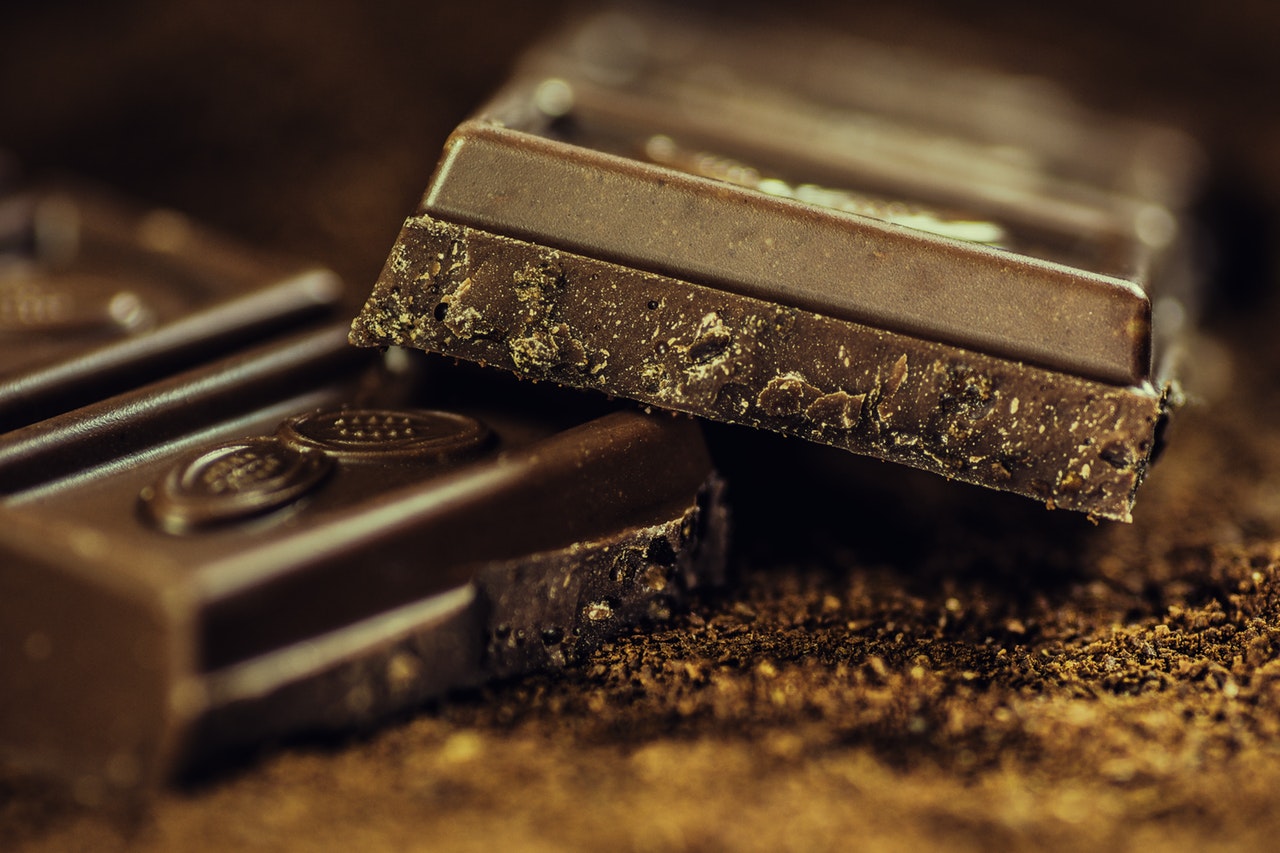Vitamin B12
B12 is probably the most important vitamin that will keep you in the game cognitively as you age. The problem is the older you get, the worse you become at absorbing it. If you experience fatigue, dizziness or any sort of reduced mental function, make sure to get your B12 levels tested.
How to get enough – Adults need 2.4 mcg of B12 a daily. Make sure to include quality animal foods in your diet as they are usually rich in B12. Here are several examples that will cover your daily B12 needs: 4 eggs, 2 cups of plain full-fat yoghurt, 1 can of sardines or tuna, 100 g of beef or trout, or 200 g of salmon.

Vitamin D
The major source of vitamin D is sunshine. Unfortunately, the synthesis of vitamin D from sun exposure declines with age. That’s why especially seniors who live in northern countries should have their levels checked and supplement appropriately. Vitamin D is important for healthy bones so it’s essential if you want to stay active without risking a serious injury.
How to get enough – Expose your bare skin to sunshine daily. If you regularly go long periods without sun or live in northern countries, supplement. Adults should take between 800 – 4000 IU of vitamin D a day, depending on the degree of deficiency.
Zinc
Zinc deficiency is unfortunately quite common among older people and it’s especially problematic because it can negatively affect overall nutrition. People who are zinc deficient experience depressed appetite and a blunt sense of taste that makes eating less enjoyable.
How to get enough – Adult women should get 8 mg and adult men 11 mg of zinc daily. You will get roughly this amount from 200 g of beef, 700 g of shrimp or mussels, 200 g of cashews, 140 g of pumpkin seeds, 75 g hemp seeds, 350 g of cheddar, 20 eggs, or 330 g of 70% dark chocolate. As you can see, it’s not easy to get enough zinc so try and have several zinc-rich foods in your diet every day. Unfortunately, many pharmaceuticals can worsen zinc deficiency so get tested if you are taking a lot of pills every day and supplement accordingly.

Calcium
Another mineral that is hard got enough of is calcium because its absorption declines with age. We need calcium to regulate heart rate and maintain bone mass which are both crucial in older age.
How to get enough – Men and women over 50 years old should get 1200 mg of calcium daily. You will get roughly this amount from 80 g of parmesan, 3 cups of plain full-fat yoghurt, 7 tablespoons of poppy seeds, 3 cans of sardines, 4 cups of winged beans, 350 g of almonds, or 4 cups of cooked collard greens. Variety of sources is welcomed again.
Don’t overdo it
There are some vitamins where absorption increases with age like vitamin A and some minerals where deficiencies are less likely like iron. So, if you are taking a multivitamin supplement, make sure it doesn’t contain any vitamin A (retinol). And, especially if you’re a woman after menopause, check your levels of iron before introducing a supplement containing iron.








